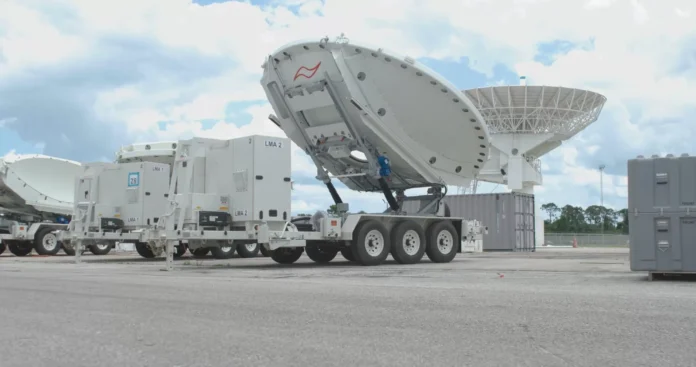The United States Space Force and Space Command have recently submitted their “unfunded requirements” lists for fiscal year 2025, with a combined total of over $2 billion. This significant amount of funding is being sought in order to counter the growing threat of anti-satellite attacks.
The Space Force, which was established in 2019 as the sixth branch of the United States Armed Forces, has requested $1.1 billion for their unfunded programs. This includes investments in new technologies and capabilities to protect and defend our nation’s space assets. Meanwhile, Space Command, which is responsible for the operational command and control of military space forces, has requested $1.2 billion for their own unfunded programs.
The need for increased funding in this area is clear. As the use of space for military purposes continues to grow, so does the threat of anti-satellite attacks. These attacks can come in the form of jamming, hacking, or even physical destruction of satellites. In today’s world, where so much of our daily lives and national security rely on space-based assets, the consequences of such attacks could be catastrophic.
In response to this growing threat, the Space Force and Space Command have identified several key areas where additional funding is needed. This includes investments in advanced technologies such as space-based sensors and defensive systems, as well as increased training and resources for personnel.
One of the main priorities for the Space Force and Space Command is to develop and deploy a robust space-based sensor network. This network would provide early warning and detection of any potential threats to our satellites, allowing for quicker and more effective response measures. Additionally, investments in defensive systems would help to protect our satellites from physical attacks, such as the use of kinetic weapons.
Another area of focus is the development of advanced cyber capabilities. As the use of space for military purposes becomes more prevalent, so does the risk of cyber attacks on our space assets. By investing in cutting-edge cyber technologies, the Space Force and Space Command can better defend against these threats and ensure the safety and security of our space-based systems.
In addition to these technological advancements, the Space Force and Space Command are also seeking increased funding for training and resources for their personnel. As the space domain becomes more contested, it is crucial that our military personnel are equipped with the necessary skills and resources to effectively operate in this environment. This includes training in space operations, as well as investments in recruitment and retention efforts to attract and retain top talent.
The request for over $2 billion in unfunded programs is a clear indication of the Space Force and Space Command’s commitment to protecting our nation’s space assets. This funding will not only help to counter the growing threat of anti-satellite attacks, but it will also ensure that the United States remains a dominant force in space.
The importance of this funding cannot be overstated. As the world becomes increasingly reliant on space-based technologies, it is crucial that we take the necessary steps to protect these assets. The Space Force and Space Command’s request for over $2 billion in unfunded programs is a proactive and necessary measure to ensure the safety and security of our nation’s space capabilities.
In conclusion, the Space Force and Space Command’s request for over $2 billion in unfunded programs for fiscal year 2025 is a crucial step in countering the growing threat of anti-satellite attacks. By investing in advanced technologies, cyber capabilities, and personnel training, the United States will be better equipped to protect and defend our space assets. This funding is a testament to the dedication and commitment of the Space Force and Space Command in maintaining our nation’s dominance in space.

